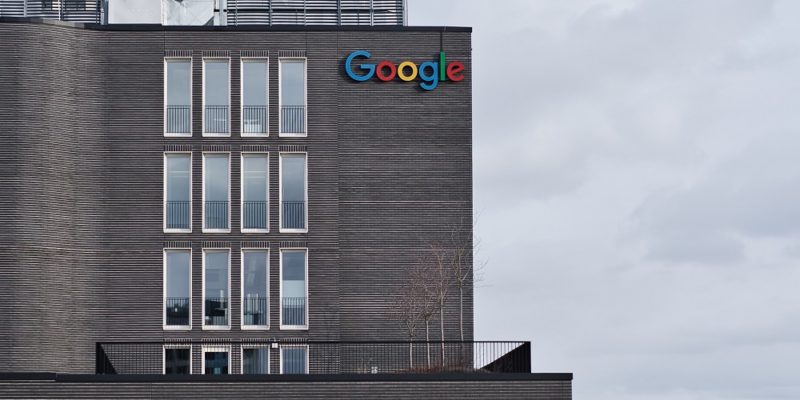 Google Working on Improving Memory Safety in Chrome
Google Working on Improving Memory Safety in Chrome
Over 70% of the severe bugs identified last year in Chrome were memory safety issues, namely “mistakes with pointers in the C or C++ languages,” and Google decided to tackle the problem before it becomes even more serious. Of the potential solutions, the Internet search giant decided to focus on two, namely introducing runtime checks…










